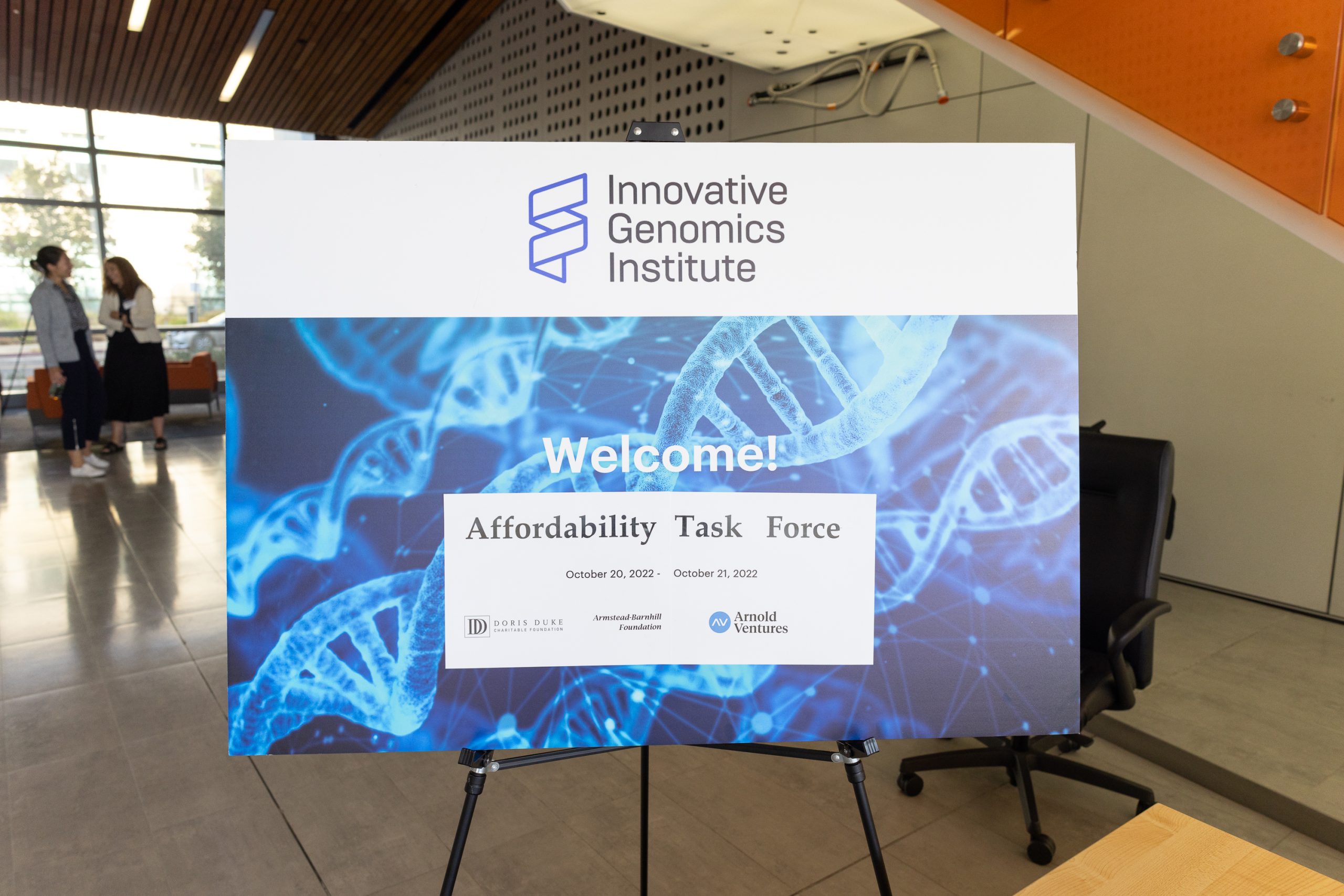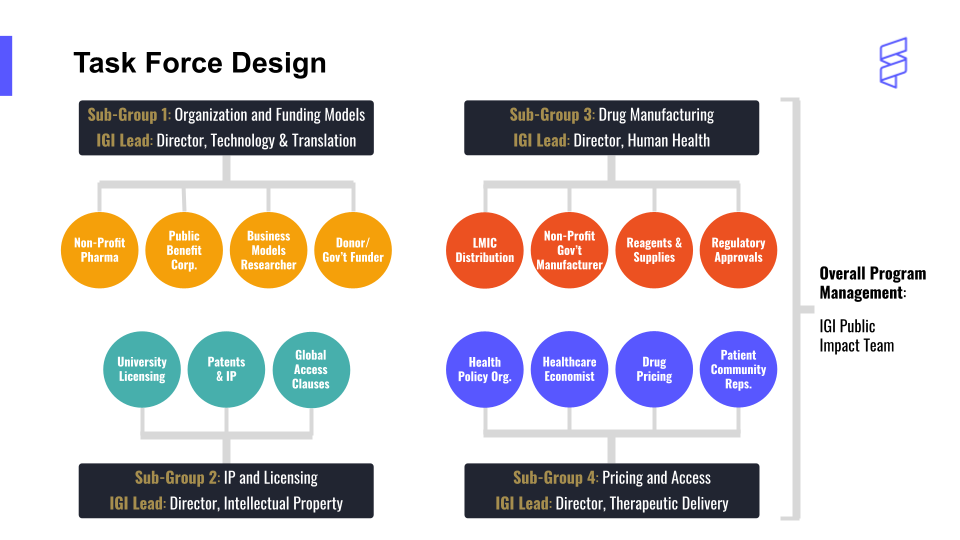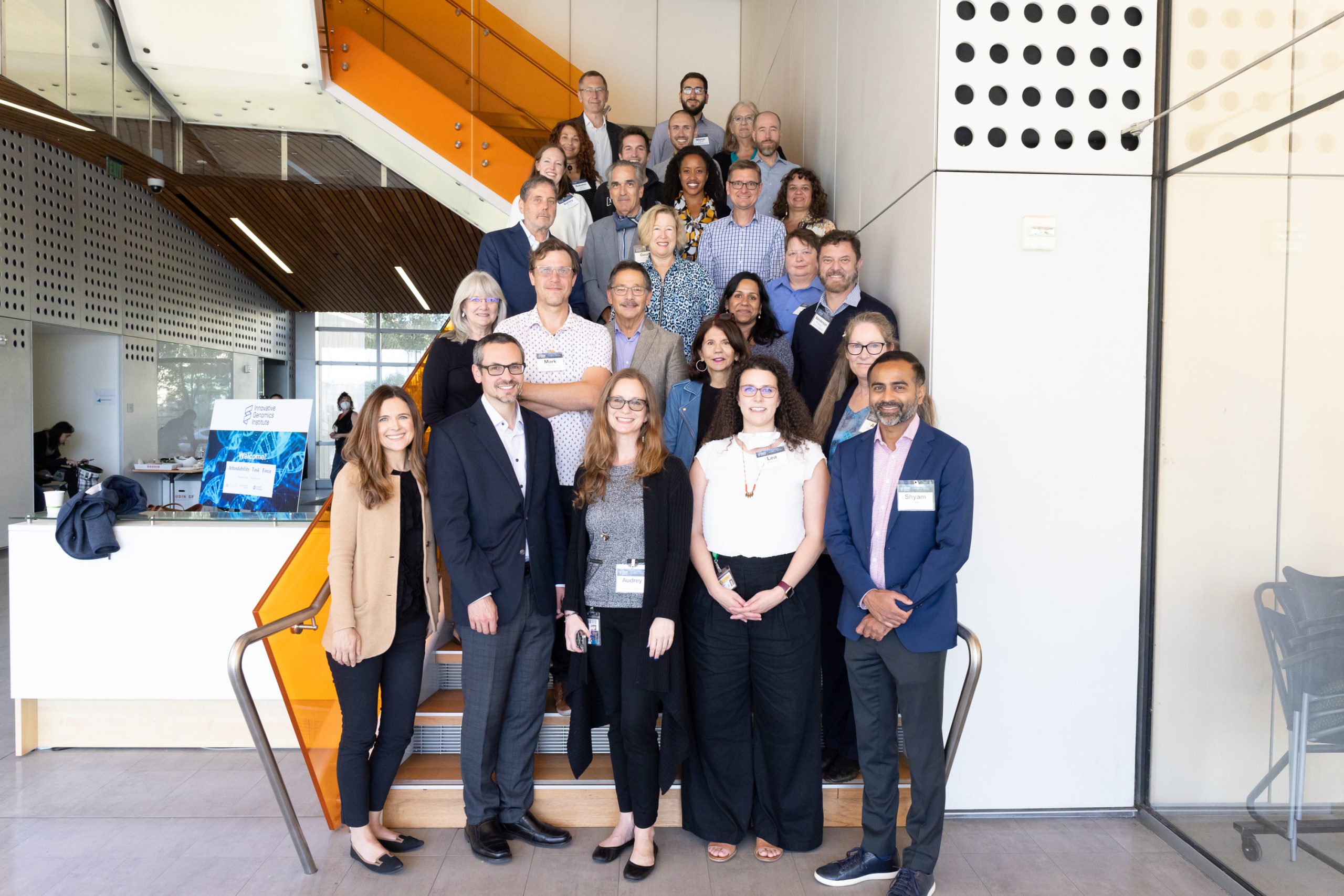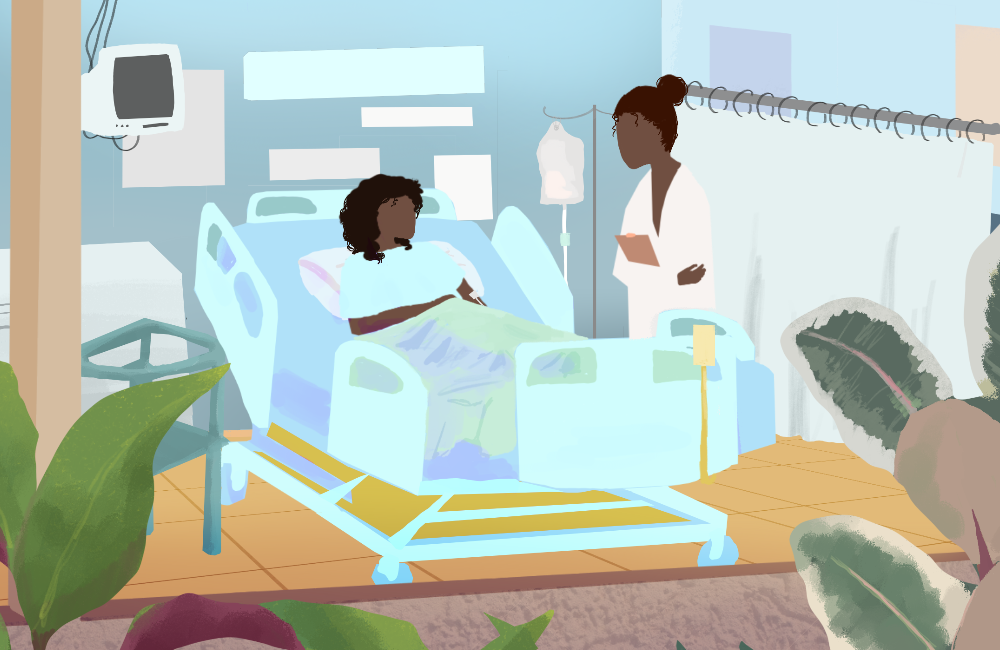

news
Making Genomic Medicines Affordable
A wave of approvals for new genomic therapies for genetic diseases is approaching. Conditions that previously had no treatment options, like spinal muscle atrophy 1, a disease that paralyzes children and leads to death in the toddler years, now have a promising gene therapy. A new CRISPR-based treatment for sickle cell disease may free patients from a lifetime of pain and hospital visits.
The catch? The price tag for genomic medicines currently ranges from about $500,000 – $2m per patient. These are prices that many public health systems cannot pay and many private insurers are unwilling to cover, putting life-changing and life-savings medications out of reach for most people.
A cure is not really a cure if the people that need it can’t afford it. It’s crucial that we take on this tough issue now so that we can get these medicines to the people who need them around the world. – Jennifer Doudna
To tackle this problem directly, the IGI launched a year-long Affordability Task Force, led by Kliegman. The Task Force, which had its final meeting in mid-October, brought together experts in academia, industry, government, intellectual property with a two-fold aim: 1) creating a plan to deliver IGI-developed CRISPR therapies in an affordable way and 2) publishing a roadmap that details bottlenecks and possible solutions for others who share the IGI’s goal.
“Everyone recognizes that there is a problem and is talking about how patients can pay for genomic medicines,” says IGI’s Public Impact Director, Melinda Kliegman. “None of the current work arounds, like crowd-funding, are real solutions — they’re just workarounds. And no one is talking about whether the prices are fair or how to lower them.”
By the end of 2022, the Task Force will share their plan to deliver IGI’s new genome-editing therapies at affordable prices, as well as a roadmap of strategies for others in the industry who share IGI’s goals.
The IGI Affordability Task Force is supported by funds from the Doris Duke Charitable Foundation, Arnold Ventures, and Armstead-Barnhill Family Foundation for Sickle Cell Anemia.







